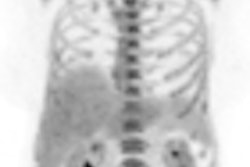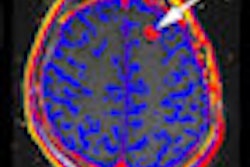U.S. researchers at Moffitt Cancer Center in Tampa, Florida, working with colleagues in Sweden, the Netherlands, and Puerto Rico, have validated a radiosensitivity molecular signature that could lead to better radiation therapy decisions for patients with breast cancer.
The study, published online 25 July in Clinical Cancer Research, included more than 500 patients who had been treated at Erasmus Medical Center in Rotterdam or Karolinska University Hospital in Stockholm. The results demonstrated that a radiosensitivity molecular signature could predict clinical outcomes in patients treated with radiation therapy, according to the researchers.
The signature had previously been tested and validated for rectal, esophageal, and head and neck cancers. It was developed based on gene expression for 10 specific genes by identifying biomarkers for cellular radiosensitivity, according to a team led by Steven Eschrich, PhD, director of Moffitt's Biomedical Informatics Core.
The test predicted radiosensitivity in 159 patients in the Karolinska database, who had improved five-year relapse-free survival, at 95%, compared with 75% five-year relapse-free survival for patients predicted to be radioresistant. No difference was observed between radiosensitive and radioresistant patients who did not undergo radiation therapy (71% versus 77%, respectively), as expected because the signature is radiotherapy specific.
Similar results were found in the 344 patients in the Erasmus database. Radiosensitive patients who received radiotherapy had improved five-year metastasis-free survival, at 77%, compared with 64% for the radioresistant patients. Once again, outcomes were comparable for radiosensitive and radioresistant patients who did not receive radiotherapy, at 80% and 81%, respectively.
Approximately 60% of all cancer patients receive radiation therapy during their treatment; however, no molecular diagnostic or biomarker of radiosensitivity had been developed to predict its benefit until now, according to co-author Dr. Javier Torres-Roca, a radiation oncologist and member of Moffitt's experimental therapeutics program.
"We propose that [radiosensitivity molecular signature] is a predictive biomarker of radiation therapy therapeutic benefit for patients with breast cancer," he said in a statement. "This novel biomarker provides an opportunity to integrate individual tumor biology with clinical decision-making in radiation oncology."
The radiosensitivity molecular signature technology is owned by Moffitt and has been licensed to cancer molecular diagnostics company CvergenX.



















